Escaping The War By Moving To Holland
Audrey Hepburn, whose real name was Audrey Kathleen Ruston, had a face that charmed, a presence that enthralled, and an undeniable genuineness that enriched the lives of those who knew her. A renowned actress and humanitarian, Hepburn brought a certain lightness of being to everything she did. She passed away in 1993 at the age of 63, and left behind a legacy in film and human kindness the likes of which Hollywood rarely sees.
Here are some lesser-known facts about the enchanting life of Audrey Hepburn.
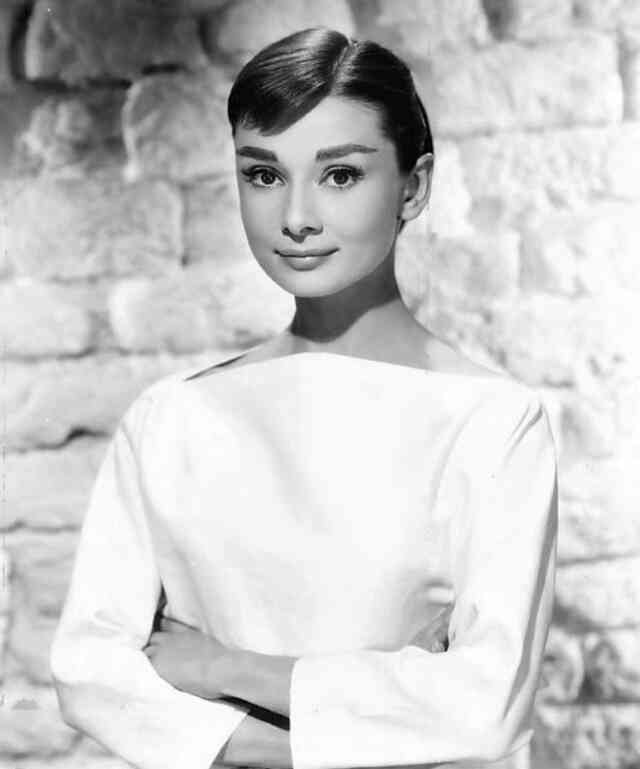
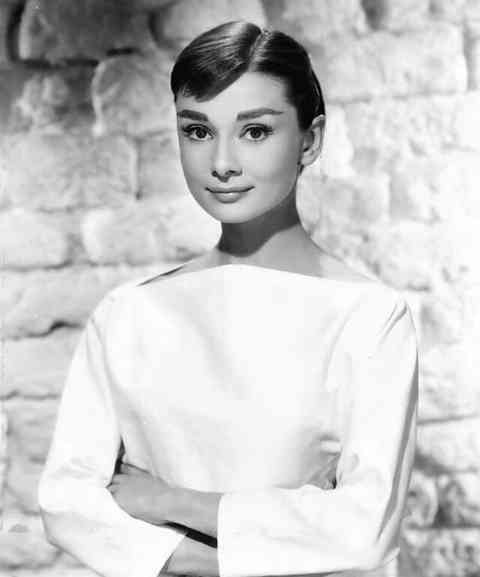
Hepburn was born in Brussels, Belgium, where her family resided until they moved to Holland during World War II. Her mother, who was Dutch, believed the family would be safe in a neutral area, but the Germans eventually invaded the country.
During their time in Holland, Hepburn and her family endured severe famine when all food supplies were cut off to the country. Throughout her acting career, people envied her very slender figure, which was actually the result of being malnourished for long periods of time during her youth.
A Connection To JFK
When John Kennedy was a senator and on the singles circuit, he and Hepburn dated. Because both Hepburn and JFK were single at the time, their relationship wasn’t scandalous in any way, but neither was it serious.
A year after Marilyn Monroe’s suggestive performance singing “Happy Birthday” to the then-president, Hepburn was asked to sing to JFK, also at a birthday gala. Her musical performance was considered much less memorable than Monroe’s, owing to the fact that Hepburn presented the song in a much more refined and less provocative manner.
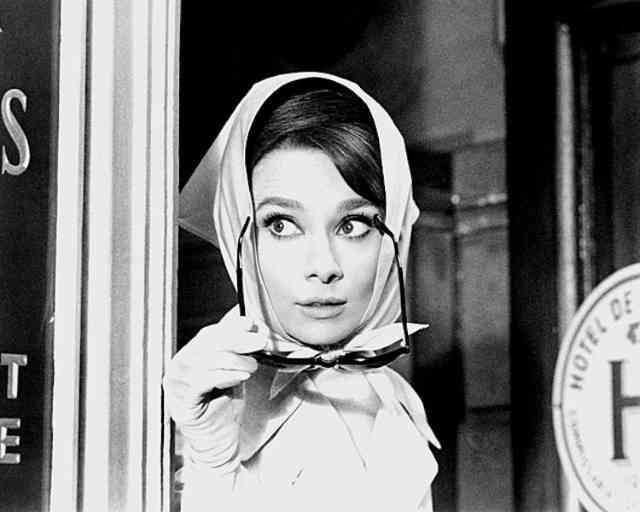
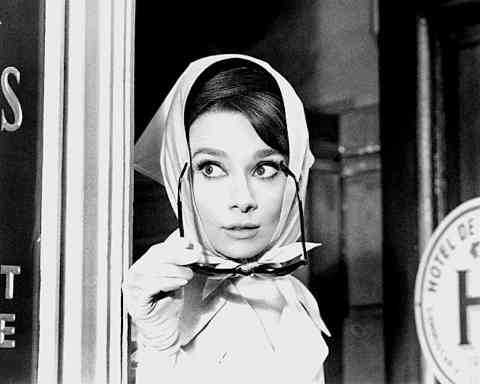
Hepburn Was An EGOT
The term EGOT describes individuals who have won an Emmy, Grammy, Oscar, and Tony Award. Only about 15 celebrities, to date, have earned the EGOT title, and Hepburn has earned her place on the list. She won a Best Actress Oscar for 1953’s Roman Holiday, a Best Actress Tony Award for Ondine, and an Emmy Award for hosting PBS’s 1993 documentary series Audrey Hepburn’s Gardens of the World. Sadly, the series didn’t premiere until the day after her death. She was awarded a Grammy posthumously in the category of Best Spoken Word Album for Children for Audrey Hepburn’s Enchanted Tales.
Working With UNICEF
For many years, Hepburn was a major supporter of UNICEF, recounting how the organization assisted her and her family after the war. According to Hepburn, “I can testify to what UNICEF means to children because I was among those who received food and medical relief right after World War II. I have a long-lasting gratitude and trust for what UNICEF does.”
In December 1992, Hepburn was honored by UNICEF with the Presidential Medal of Freedom in recognition of all the work she had done for the organization’s behalf in many different corners of the globe. Sadly, she was too ill at the time to accept the medal in person. Hepburn had always been outspoken in terms of her view of the world and the different peoples that inhabit it, asserting that “The ‘Third World’ is a term I don’t like very much because we’re all one world. I want people to know that the largest part of humanity is suffering.”
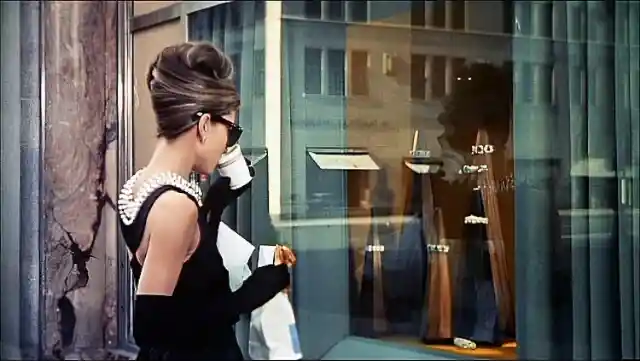
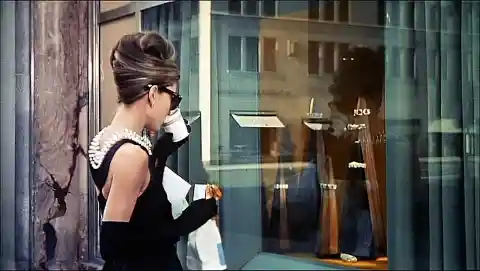
That Iconic Little Black Dress
It’s been seen in advertisements and posters, film stills, and sketches. The ever-so-chic black dress that Hepburn wore for the 1961 romantic comedy film Breakfast at Tiffany’s eventually became so identifiable, so recognizable, that it was simply referred to as “the little black dress.”
Designed by Hubert de Givenchy, the dress has long been regarded as one of the most iconic pieces of clothing of the 20th century. In 2006, the dress was sold at auction for a staggering $900,000.